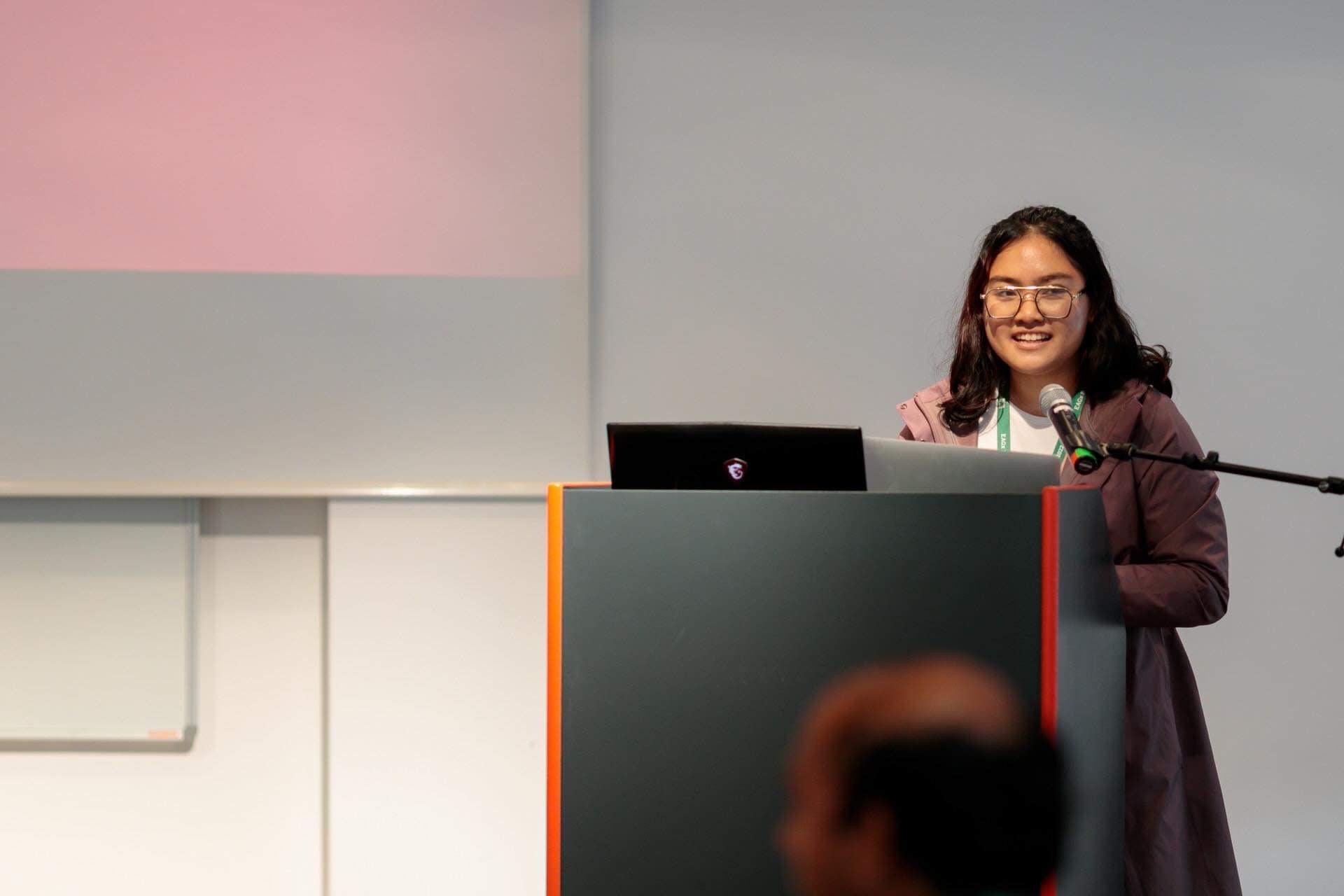I am writing this to reflect on my experience interning with the Fish Welfare Initiative, and to provide my thoughts on why more students looking to build EA experience should do something similar.
Back in October, I cold-emailed the Fish Welfare Initiative (FWI) with my resume and a short cover letter expressing interest in an unpaid in-person internship in the summer of 2025. I figured I had a better chance of getting an internship by building my own door than competing with hundreds of others to squeeze through an existing door, and the opportunity to travel to India carried strong appeal. Haven, the Executive Director of FWI, set up a call with me that mostly consisted of him listing all the challenges of living in rural India — 110° F temperatures, electricity outages, lack of entertainment… When I didn’t seem deterred, he offered me an internship.
I stayed with FWI for one month. By rotating through the different teams, I completed a wide range of tasks:
* Made ~20 visits to fish farms
* Wrote a recommendation on next steps for FWI’s stunning project
* Conducted data analysis in Python on the efficacy of the Alliance for Responsible Aquaculture’s corrective actions
* Received training in water quality testing methods
* Created charts in Tableau for a webinar presentation
* Brainstormed and implemented office improvements
I wasn’t able to drive myself around in India, so I rode on the back of a coworker’s motorbike to commute. FWI provided me with my own bedroom in a company-owned flat. Sometimes Haven and I would cook together at the residence, talking for hours over a chopping board and our metal plates about war, family, or effective altruism. Other times I would eat at restaurants or street food booths with my Indian coworkers. Excluding flights, I spent less than $100 USD in total. I covered all costs, including international transportation, through the Summer in South Asia Fellowship, which provides funding for University of Michigan under




Just wanted to share my take on 1-on-1s from the POV of somebody relatively new to the EA community that has not had a session yet. I am currently rigorously going through my career planning process and have decided to postpone my 1-on-1 to when I feel I have laid most of the groundwork and have specific topics or issues to tackle. Nonetheless, I am very much looking forward to it and it is reassuring that there is personal guidance available from those more informed on the EA landscape and career planning process. Also, I am curious to hear how the experience of others has been, whether it made a difference for them, and in what stage of the process they had their session.